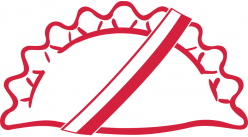Meaning:
Lit. “a water-pouring”. This is how Poles refer to a person speaking or writing at length, very fluently and roundly, but without much informational value. Or purposely getting off the given topic.
This is often referred to politicians answering a question they are uncomfortable with. But also to journalists who have nothing to say but still have to fill their paper with text or their on air time with content.
The term “lanie wody” or “wodolejstwo” or “nie lej wody” (“don’t pour water”) is also used by teachers to point that a student managed to fill their essay with words but does not really understand the topic. A literary critic can also use these phrases when covering a book without much substance in it.
Examples:
Największym wodolejcą wśród prezydentów był rządzący Chorzowem Marek Kopel, który choć sam lał wodę, z politycznych debat długo wychodził suchą stopą.
Nie lawiruj wokół, ale odpowiadaj konkretnie na zadane pytanie. Krótka, ale treściwa odpowiedź jest lepsza niż „lanie wody“. Nie zostawiaj pustych miejsc. Jeśli nie jesteś pewny odpowiedzi, wpisz to, co przychodzi Ci do głowy – może akurat trafisz.
Trochę się zawiodłem, bo Wujek Bob straszliwie lał wodę miejscami, no ale koniec końców coś z tej książki wyniosłem.
